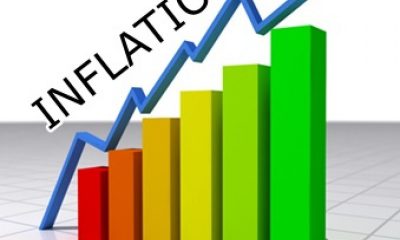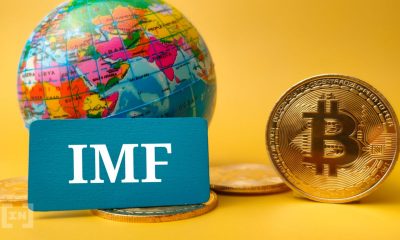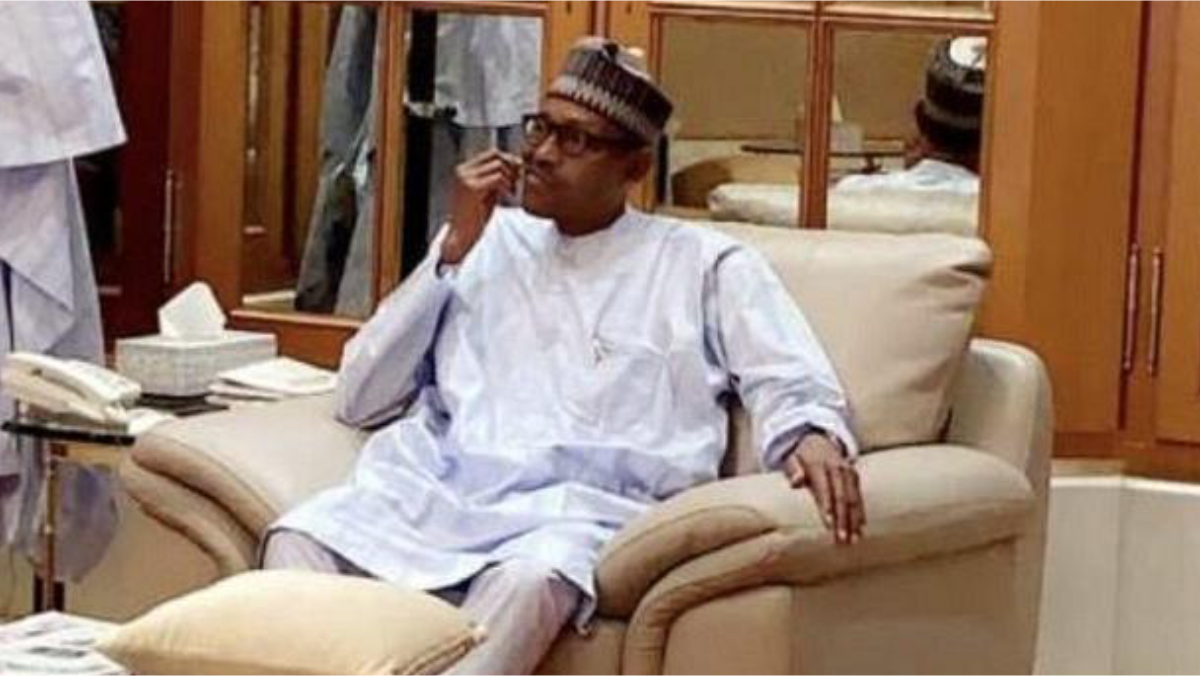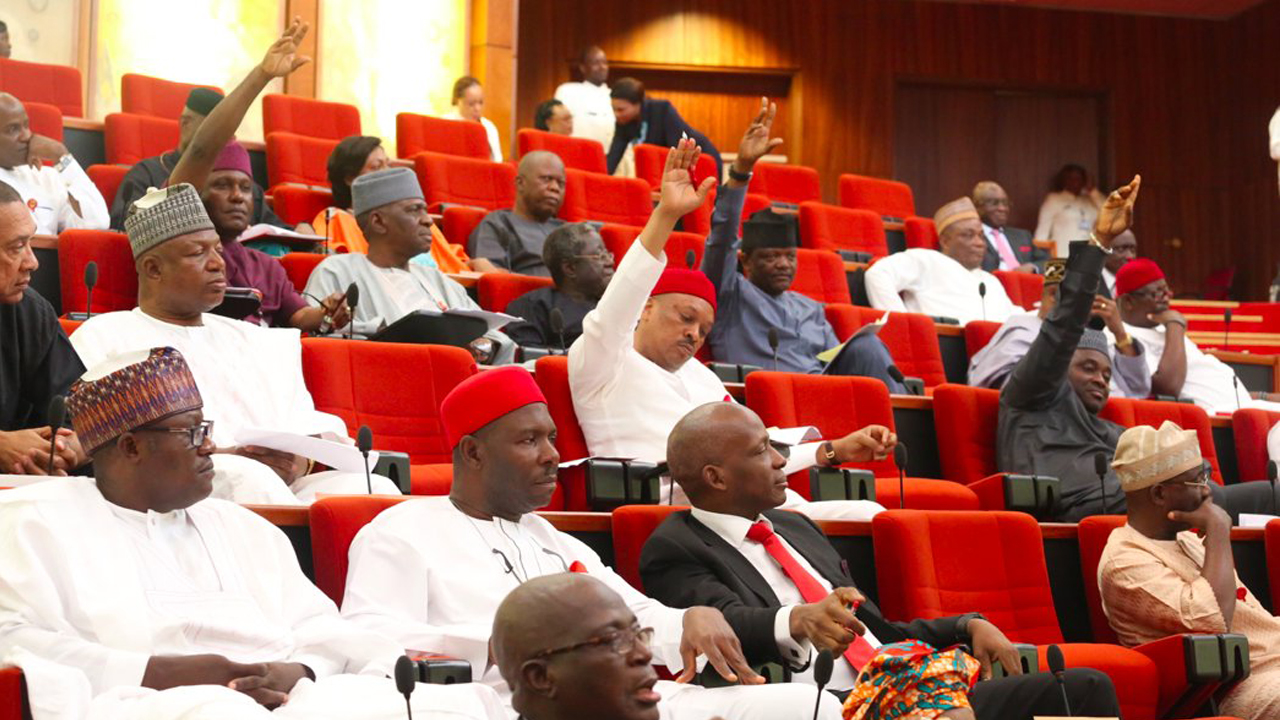Some economists have said the recent spike in inflation rate after months of consistent decline may have been triggered by the higher-than-expected household consumption during the Christmas festivities.
The National Bureau of Statistics released Nigeria’s inflation figures for the month of December 2021 on Monday, which to the surprise of many analysts, was an uptick compared to the previous month despite recording steady declines in 8 successive months.
Specifically, according to the NBS, Nigeria’s consumer price index rose by 15.63 percent year-on-year in December 2021, compared to the rate of increase recorded in the preceding month (November 2021 – 15.4%).
Reacting, Head of Research and Intelligence at Phillips Consulting Limited, Samuel Bamidele, said while the high-base effect of inflation decline has weaned, the December spike must have been triggered by higher-than-expected household consumption spending during the festive period.
READ ALSO: Nigeria’s inflation rate rises again as food inflation hits 17.37%
“According to the report, food inflation is the driver, with a 2.19% month on month increase, the highest since May 2017. The question that needs answering is what factors drove food inflation apart from demand? Without recycling the known factors, let’s wait for the January digit, and the picture will become clearer,” he added.
Meanwhile, Bamidele projects that Nigeria’s inflation will remain on the upside in the year. “Three major factors that will potentially shape prices in the year are the potential subsidy removal which will trigger fuel hike, electricity hike and the import pass through other FX adjustments.”
Also reacting, a financial analyst at Quantum Economics, Olumide Adesina, argued that the mid-term impact of such metrics would continually erode the purchasing power of Nigeria’s most vulnerable households and hinder Nigeria’s economic recovery.
He also added that, if double-digit inflation persists in 2022, it will negatively impact long-term borrowing and lending by distorting government, household, firm consumption, investment, and saving decisions.
On the other hand, Uche Nwachukwu, an investment analyst with one of the investment houses in Nigeria confirmed that it was a surprise to have seen the inflation figures rise in December.
“However, this seems to have ended in December where m/m came in strong, driven by pressures in food prices. The pressures were driven by the farm produce segment and were across rural and urban inflation,” he added.
READ ALSO: Inflation: NBS statistics defying market reality
AdvertisementAccording to Charles Abuede, a financial analyst and business expert, “no one may have expected the halt in the disinflation trend as the data from the NBS on Monday signals that consumer prices rose at a faster pace in December.
“This was a result of the festivities where prices rose without looking back as well as the unabatingly FX pressure on the naira in the currency market and the insecurity situation in the country.”
He also mentioned the effects of the food inflation rate on the headline inflation, which printed 17.4 percent in the review period. “This points to the fear of the farmers to return to the farmlands due to clashes with the herders in the northern region as well as other security measures in some southeastern states,” he said.


 Comments and Issues2 days ago
Comments and Issues2 days ago
 Business6 days ago
Business6 days ago
 Business1 week ago
Business1 week ago
 Business1 week ago
Business1 week ago
 Business5 days ago
Business5 days ago
 News6 days ago
News6 days ago
 Education7 days ago
Education7 days ago
 Comments and Issues5 days ago
Comments and Issues5 days ago












